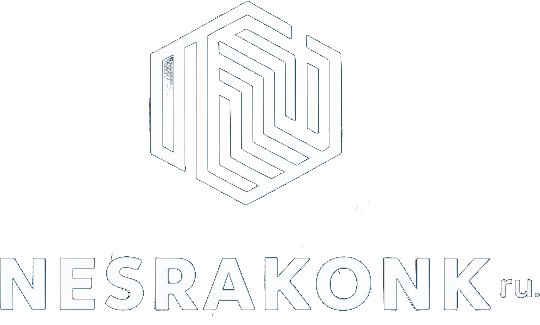Инфляция выросла до 7,9% в год, что является самым высоким показателем за последние 40 лет
 REUTERS/Mike Blake
REUTERS/Mike Blake
Rising prices for everything from fuel and food to services and housing sent the 12-month consumer inflation rate soaring to 7.9% in February, the Labor Department announced Thursday.
For the month, consumer prices rose by a hefty 0.8%. On an annual basis, the inflation rate surpassed the extraordinary 7.5% recorded in February. “The 12-month increase has been steadily rising and is now the largest since the period ending January 1982,” the report says.
Wages were unable to keep pace with spiraling prices. Inflation-adjusted average hourly earnings dropped by 2.6% in February, according to a separate report released Thursday.
Pain at the pump:The price of gasoline is playing a major role in the inflationary surge. Over the last 12 months, gas prices have risen 38%, increasing 6.6% just in February. And that number doesn’t include most of the huge price increases recorded virtually every day since the Russian invasion of Ukraine.
More trouble ahead:Some analysts think that prices will continue to rise, driven in large part by soaring energy costs, and expect to see inflation levels of 8% or higher in the coming months. “The price shock that is now cascading throughout the domestic and global economies will be captured in the coming months and in our estimation will push top-line year-over-year inflation to 10% or more,” economist Joe Brusuelas of the consulting firm RSM said in a note.
Michael Gapen, chief economist at Barclays, told Bloomberg that it could take many weeks to reach a peak. “Inflation is not likely to roll over and begin to come down for several more months,” he said. “This sets the stage for where we are now. And we need to see how long this conflict plays out and how disruptive the sanctions regime actually is,” he added, referring to the invasion of Ukraine and the economic sanctions imposed on Russia.
Headaches for the Fed:The Federal Reserve is expected to go ahead with a quarter-point interest rate hike next week at its monetary policy meeting, but surging inflation creates a dilemma for the central bank. On the one hand, rate hikes seem even more necessary as part of the effort to get inflation under control. But soaring energy prices could spark a recession, which officials might hesitate to contribute to by continuing to raise rates.
“The Fed’s in a tough spot,” Wells Fargo director of rates strategy Michael Schumacher told CNBC. “It’s getting tougher by the day. It’s hard any time, but especially when you’ve got incredible inflation, and we’ve had the supply chain issues for a while, and now they’ve been exacerbated by Russia-Ukraine.”
Many economists have been estimating that the Fed will raise rates seven times this year, bringing the federal funds rate close to 2%. But continued high inflation could mean fewer rate hikes. «Я думаю, что если нефть упадет до 150 долларов, а в данных произойдет какой-то перелом, то они могут пропустить май для повышения ставки», — сказал главный американский экономист Barclays Майкл Гапен.
.
Но многое будет зависеть от данных и от того, что чиновники ФРС считают самой большой угрозой. Дайана Суонк, главный экономист компании Grant Thornton, сказала, что опасения по поводу инфляции могут иметь больший вес, чем опасения по поводу рецессии. «Мы пришли к этому с большим импульсом. Скачки цен на нефть не всегда вызывают рецессии», — сказала она CNBC. «ФРС вынуждена страховаться от того, что ее беспокоит. Это инфляционные ожидания. ФРС должна думать о том, каковы шансы, что эта инфляция укоренится, как в 1970-х годах. Они пытаются избежать этого любой ценой».
